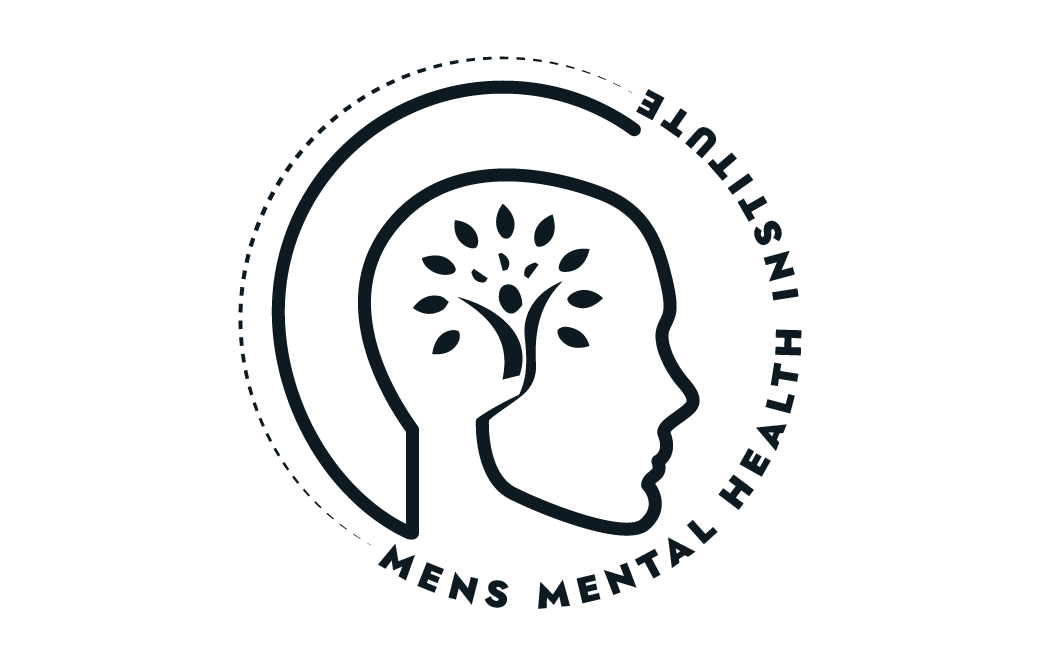The Loneliest Place: Feeling Alone Next to the Person You Love
It’s a strange kind of ache, laying in bed beside someone, texting them “I love you,” going through the motions of partnership… but inside, you feel completely alone.
This kind of emotional isolation is more than just a rough patch. It’s a slow erosion. And for many men, it feels like a betrayal wrapped in silence. You’re there. You’ve stayed. You provide. You try. But somehow, it’s not enough to feel connected.
From a behavioral psychology lens, men are often conditioned to show love through loyalty, protection, and provision, yet those actions are rarely seen as “emotional presence” by a partner who wants more emotional engagement. So you end up working harder and feeling more rejected. That contradiction breeds loneliness.
Evolutionary biology explains that men evolved to guard territory, focus on goals, and suppress emotion during stress. In modern relationships, this wiring is often interpreted as disinterest or detachment. What kept our ancestors alive now keeps modern men emotionally stranded.
Social systems add another layer of confusion. Pop psychology and social media push oversimplified ideas like “If he wanted to, he would,” while ignoring the complexity of emotional bonding. Instead of being taught how to connect in meaningful, masculine ways, men are often accused of being emotionally absent with no clear path to repair.
The mental health field doesn’t always help either. Many men who seek help are misunderstood or labeled, told they’re narcissistic, avoidant, immature, without any exploration of how systems, trauma, or wiring play into the disconnect. It’s not that you don’t feel; it’s that you’ve never been shown how to translate those feelings into connection.
And here’s the most honest truth:
You can love someone and still feel completely alone if your emotional worlds aren’t in sync.
Therapy Strategies for Rebuilding Emotional Connection
Therapy isn’t about turning you into someone you’re not. It’s about helping you reconnect with what’s already inside, so that you’re no longer emotionally stranded in your own relationship.
Relational Mapping
We start by mapping the emotional dynamics of your relationship. What’s said, what’s felt, what’s withheld. We look at the cycles that repeat, the moments that disconnect you, and the opportunities to reconnect with precision.
Attachment & Intimacy Work
Many men feel alone because their emotional bids are missed or rejected, sometimes subtly, sometimes repeatedly. We teach you how to recognize your own attachment signals, express needs without shame, and invite closeness without losing your power.
Internal Family Systems (Parts Work)
Often, the part of you that feels alone is a younger, unacknowledged self, tied to past rejection, abandonment, or betrayal. IFS-style work helps you identify these “parts” of your inner system and build a strong, compassionate internal leadership that keeps you grounded in relationships.
Co-Regulation & Nervous System Safety
Loneliness isn’t just an emotional experience, it’s biological. When emotional connection breaks down, the mammalian brain signals threat. We help you learn to regulate that response in real time, so you can lead reconnection instead of spiraling into withdrawal or rage.
Rebuilding Connection Through Action
We guide you in identifying rituals of connection, vulnerability cues, and masculine communication styles that keep polarity and intimacy alive. You don’t need to talk about your feelings 24/7 to be present, you need to signal presence in ways your partner understands and feels.
The Reward: What Life Feels Like on the Other Side of Loneliness
In love, loneliness turns into intimacy. You stop walking on eggshells. You feel seen, heard, and wanted, not just for what you do, but for who you are. You build a partnership that actually feels like partnership, where both people are emotionally fed and respected.
In life, the pressure to hold everything in softens. You no longer feel like the emotional mule of the relationship. You gain confidence in your ability to lead emotionally, not through endless talking, but through presence, clarity, and consistency.
In mental health, the emotional burden lifts. Anxiety and depression decrease as connection increases. You learn to manage your emotional state instead of being at the mercy of disconnection.
In wealth, emotional stability fuels clarity. You show up more focused at work, more balanced in decisions, and more present in leadership. No more wasting energy pretending everything’s fine at home while you’re silently unraveling.
You were never meant to feel alone in love.
You were meant to lead with strength, connect with purpose, and build a relationship that doesn’t just look good, but feels good, every damn day.








